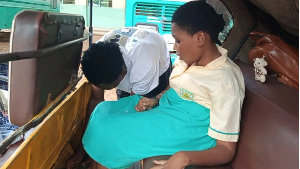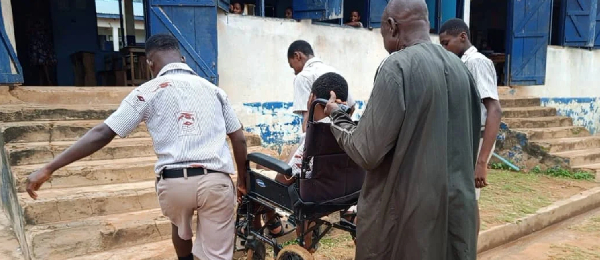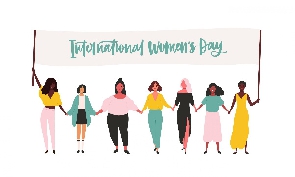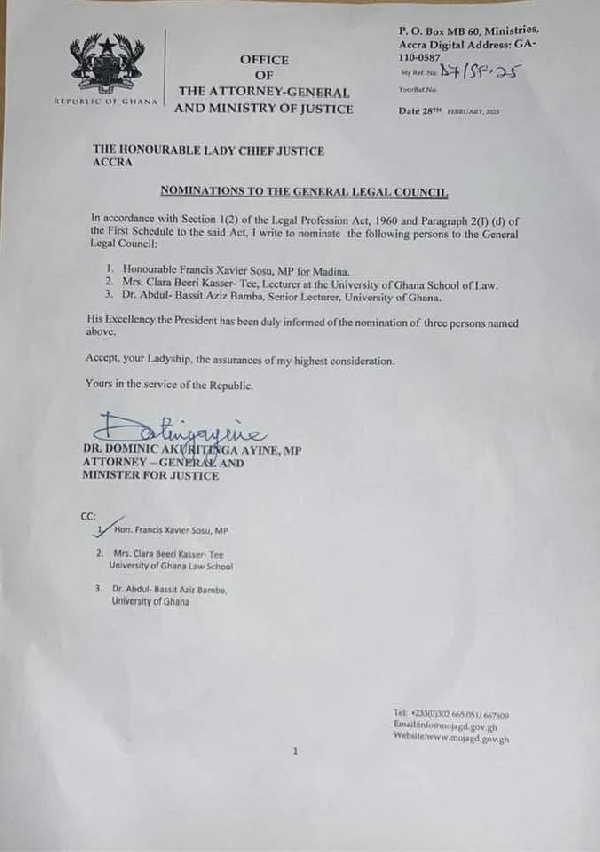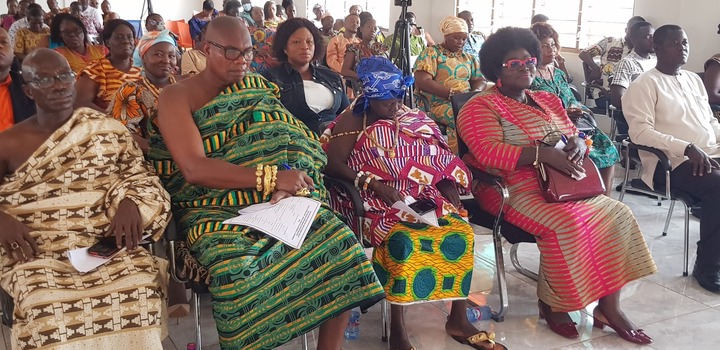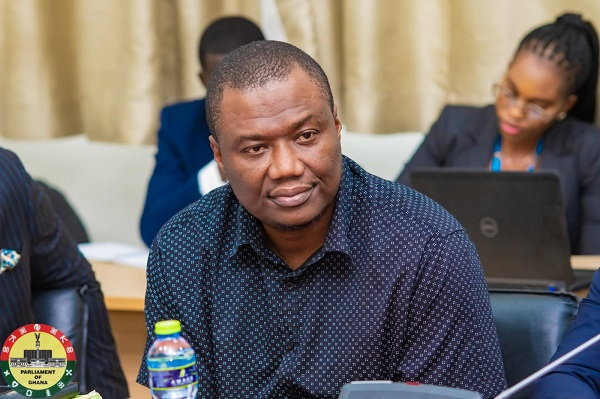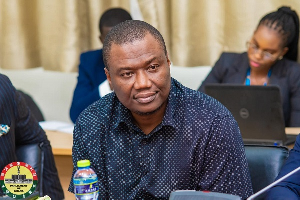Ghana’s public service plays a crucial role for its 35 million citizens, but unfortunately, the economy has faced challenges due to payroll fraud, often termed “ghost identities.” The government has dedicated significant efforts to tackle this issue for many years.
Despite these initiatives, it remains a concern across various sectors. However, recent audits and personnel censuses have shed light on the situation, revealing that payroll fraud costs around GHS100 million annually. With continued commitment and innovation, I believe we can effectively address this challenge and strengthen Ghana’s economy for a brighter future.
Pay fraud is common in Ghana’s public sector because policymakers lack the essential understanding of ghost workers and the information to develop effective solutions.
Ghana, as a whole, lacks effective personnel information systems for adequately recording and frequently updating payroll records. Weak personnel databases lead to less control over workers since government authorities cannot efficiently monitor employees’ actions.
One probable source of payroll fraud is a monetary challenge that cannot be distributed. It happens when a bureaucrat thinks of himself as having incurred obligations which he/she considers non-socially-satisfied and which, consequently, must be satisfied by a private or secret means.
One significant factor that encourages the use of ghost identities on payrolls in both the government and commercial sectors is the lack of adequate record-keeping.
A manager can easily create a fictitious employee, assign a payroll number, and receive payments, given that many companies have numerous employees spread across different locations. This situation becomes even more straightforward when management can hire contractors and pay them directly from their budgets.
Payroll fraud may take various forms, but in Ghana, the most frequent is ghost employee fraud. This refers to entering false or nonexistent workers into payroll records. These workers’ salaries are fraudulently moved to other employee accounts or stolen through various methods. Large firms with numerous workers and poor internal controls are more common.
Frequently, the violation may continue to pay a staff person who no longer works for an organization or establish a phony employee by manipulating employment records to continue receiving payments from an organization in the form of the ghost employee’s salary.
The harmful impact of ghost names on payrolls
Salaries provided to phantom workers rob governments of the revenue required to deliver services to residents. False wage payments to nonexistent workers deplete the country’s resources and impede economic progress.
Payroll fraud hinders the government’s capacity to provide services and achieve the intended objectives. Money is siphoned away from working people, and the services offered may be substandard or harmful. This may lead to program and development failure.
Ghost workers can negatively impact an institution’s financial stability and overall operations. The economic effects are twofold: companies must continue paying these individuals while also facing additional costs due to potential accounting issues.
Significant and unlawful payroll deductions for ghost workers can disrupt cash flow, making it difficult to meet financial obligations, such as paying bills and compensating actual employees.
Beyond the financial ramifications, ghost employee fraud poses a considerable danger to Ghana’s worldwide image. Discovering fraudulent actions in government institutions undermines faith in the government and industry, resulting in a loss of international and economic credibility. This is particularly true when fraud is fueled by corruption.
Ghost workers boost the government workforce’s pay bill over the wage budget, resulting in budget overruns.
The presence of ghost identities in payroll not only wastes resources but also limits our nation’s investment potential. Imagine the growth opportunities if those funds were redirected toward corporate expansion and other vital initiatives!
Red flags
Identifying ghost workers may be difficult. However, the following traits might assist unsuspecting corporate leaders in detecting this sort of deception. Unusual changes in payroll records are a telltale symptom of ghost names. Discrepancies between the payroll system and payments are another red flag for payroll fraud.
Multiple salary payments made to the same bank account suggest payroll fraud. Ghost workers utilize the same bank account to deposit their wages. This occurs when the fraudsters transfer the false salary to a bank account they control or a co-conspirator’s account.
To avoid raising eyebrows, they strategically distributed payments among several fraudulent workers sharing a single bank account. This clever tactic makes detection challenging, as the total payroll expenses appear reasonably normal and not overly inflated.
Ghost workers seldom attend meetings, engage in organizational training, or connect with other team members. This feature is indicated by a lack of work communication or a physical presence at work.
Ways to counteract ghost names on payrolls or pay fraud.
The most prevalent approach for identifying ghost workers in the public sector is headcount exercises. These headcount exercises are essential for confirming the presence of staff in the public sector. This has helped numerous governments discover and remove phantom employees from their payrolls.
Many developing nations are enhancing their payroll systems through careful headcount management. However, one challenge is the issue of collusion, where some payroll authorities may unwittingly partner with managers to include phantom employees in the counts. When unauthorized individuals are counted as part of the workforce, it detracts from the integrity and purpose of these vital initiatives. Addressing this concern can lead to more accurate and effective payroll practices!
The Ghanaian government has a wonderful opportunity to enhance its operations by implementing a Human Capital Management Information System (HCMIS). This innovative system efficiently saves, retrieves, and shares reliable human resource information across ministries, departments, agencies, and Local Government Authorities (LGAs).
By streamlining processes, HCMIS boosts effectiveness and efficiency, recording essential details like names, birth dates, qualifications, job roles, and salaries. This vital tool will empower informed decisions regarding recruitment, promotions, performance evaluations, and more, ultimately contributing to a more dynamic and responsive workforce. Let’s embrace this potential for positive change!
Ultimately, upper management plays a crucial role in the prevalence of ghost workers. For a ghost employee plan to thrive, it often requires the involvement of someone in leadership, whether directly or indirectly. While some schemes may occasionally succeed without managerial support, their success is generally tied to strong internal controls and effective management practices. Recognizing this connection can significantly enhance organizational integrity and accountability.
Let’s unite as Ghanaians to combat this economic challenge! By standing together, we can tackle the issues draining our resources and improve public services.
Together, we can create a brighter future, reducing poverty and enhancing education and healthcare for all. Our collective effort can make a significant difference!


